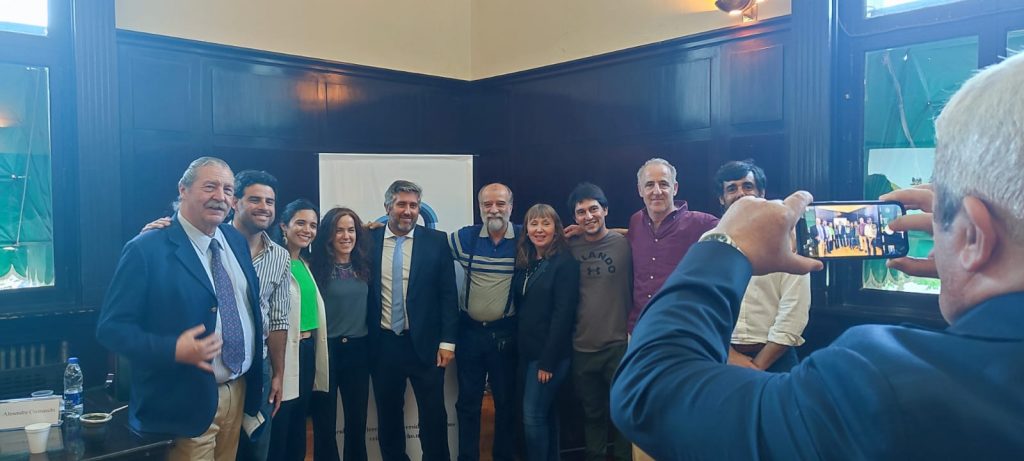
In the framework of the commemoration of the 50th anniversary of the Law on Seeds and Plant Varieties, the Interdisciplinary Center for Industrial and Economic Law (CEIDIE) of the Faculty of Law of the University of Buenos Aires organized the event “Lights and Shadows 50 years after the Seed Law.” This event sought to explore the evolution of the legal regime and the implementation of the law, as well as to present an e-book dedicated to the topic. Distinguished figures, such as Carmen Gianni, Carlos and Juan Ignacio Correa, Cristian Amarilla, Sergio Feingold and Vanesa Lowenstein, shared their reflections on the disputes surrounding the Law on Seeds and Plant Varieties, evaluating both its successes and its future.
The Argentine Law, a pioneer in addressing crucial aspects of the seed trade, has resisted attempts to modify it, maintaining strengths at the administrative and legal level. This guarantees not only incentives for innovation but also the diversity of actors and seeds in the sector.
From the Bioleft team, with the active participation of Almendra Cremaschi, Gustavo Schrauf, María Laura Bravo and Román del Valle, we shared our reflections on alternative innovation models that seek to address the challenges posed by the concentration of the seed market.
The event was enriching by promoting the exchange of ideas on this fundamental and complex issue. In our reflections, we highlighted the importance of interdisciplinary debate spaces and the engagement of actors with a high innovative potential, such as farmers. They have been and continue to be responsible for the agrobiodiversity that sustains the sustainability of the food system.
At 50 years of the Law on Seeds and Plant Varieties, we reaffirm our commitment to exploring innovative models that promote diversity, equity and sustainability in the agricultural sector. We continue to work to build a future where seeds are a common good, and where innovation is aligned with the principles of justice and resilience in our food system.
